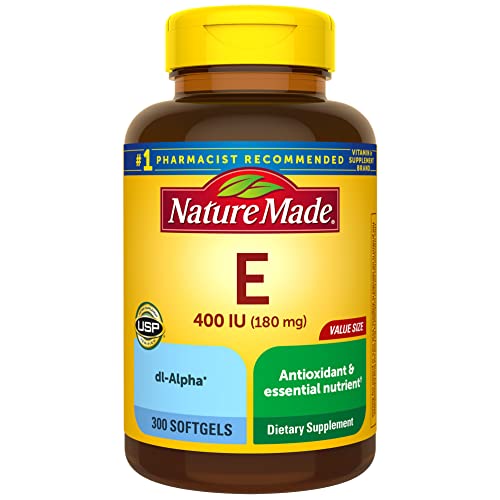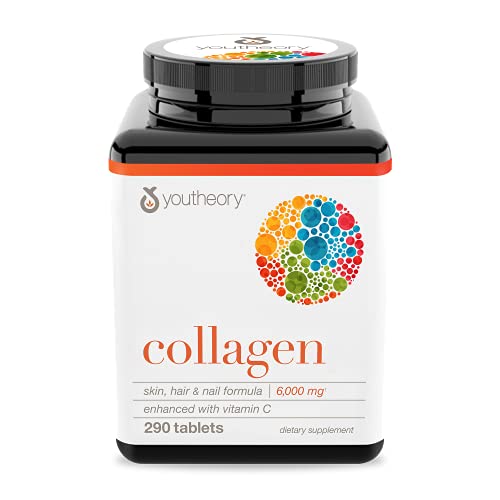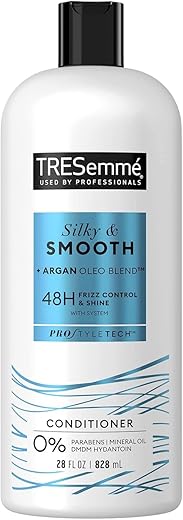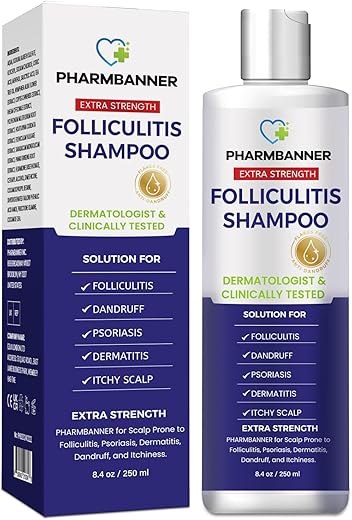
How to determine if I have a vitamin deficiency causing hair loss?
Are you experiencing hair loss and wondering if it could be due to a vitamin deficiency? This step-by-step guide is here to help you find out. We understand how distressing hair loss can be, and we want to support you in your journey to healthier hair. By following this guide, you can learn about the importance of hair growth vitamins and how to identify any deficiencies that may be contributing to your hair loss. Take control of your hair health today and discover if a vitamin deficiency could be the root cause of your hair loss.
Top-selling hair growth supplements



Educate yourself about hair growth vitamins
Educate Yourself About Hair Growth Vitamins
Learn about essential vitamins and nutrients: Understand the importance of biotin, vitamin D, iron, zinc, and omega-3 fatty acids for promoting healthy hair growth. These nutrients play a crucial role in nourishing your hair follicles and supporting their growth.
Understand their impact on hair growth: Familiarize yourself with how each vitamin contributes to hair health. For example, biotin helps strengthen hair strands, vitamin D stimulates hair follicles, iron promotes oxygen supply to the hair follicles, zinc prevents hair loss, and omega-3 fatty acids support scalp health.
Recognize signs of deficiency: Educate yourself about the common signs that indicate a deficiency in these vitamins. Look out for symptoms such as thinning hair, hair loss, brittle or dull hair, slow hair growth, or an itchy and flaky scalp. Understanding these signs can help you identify if you need to increase your intake of these hair growth vitamins.
Research and consult professionals: Gather information from reliable sources and consult with healthcare professionals or nutritionists to ensure you have accurate knowledge about hair growth vitamins. They can guide you on the appropriate dosage and the best sources of these vitamins, whether through a balanced diet or supplements.
By educating yourself about hair growth vitamins, you can make informed choices to support healthy hair growth and address any deficiencies that may be impeding your hair’s health and appearance.



Recognize the symptoms of hair loss
Recognizing the symptoms of hair loss is crucial in taking proactive steps to address the issue. Familiarize yourself with the following common symptoms:
- Excessive shedding: Pay attention to whether you notice more hair in your brush, on your pillow, or in the shower drain than usual. Keep a record of the amount of hair you lose daily to track any significant changes.
- Thinning hair: Take notice if you observe your hair becoming visibly thinner, especially around the crown or the top of the head. You might notice that your scalp becomes more visible or that your ponytail appears smaller.
- Receding hairline: Pay attention to any changes in your hairline. If you notice your hairline moving further back than it used to be, it could be a sign of hair loss.
- Bald patches: Look for areas on your scalp where your hair is significantly thinner or missing altogether. These patches may be circular or irregular in shape.
To document any changes you have noticed in your hair:
- Create a hair loss journal or use a note-taking app to record your observations.
- Take clear, well-lit photographs of your scalp and any areas of concern. Make sure to capture different angles and close-up shots for a comprehensive record.
- Note down the dates when you first noticed each symptom and any subsequent changes.
- Include a description of the symptoms, such as the severity of shedding, the extent of thinning, or the size of any bald patches.
Remember, early recognition of hair loss symptoms can help you seek appropriate treatment and prevent further progression.
Consult a healthcare professional
Book an appointment with a healthcare professional to address your hair loss concerns. Start by researching and selecting a suitable specialist, such as a dermatologist or a trichologist. Provide them with detailed information about your symptoms and any relevant medical history to assist in the assessment of your condition.



Get a blood test
Ask your healthcare professional to perform a blood test. Request them to measure the levels of various vitamins and minerals in your body. Identify any deficiencies that may be contributing to hair loss.
Analyze the blood test results
Review the blood test results with your healthcare professional. Discuss any vitamins or minerals that are below the recommended levels. For example, if your biotin or iron levels are low, it may be a potential cause of hair loss.



Consider dietary changes
- If the blood test reveals a vitamin deficiency, consult with your healthcare professional to develop a plan to address it.
- Discuss whether dietary changes or vitamin supplements are necessary to ensure you are getting the necessary nutrients for hair growth.
- Examples: Increase your intake of vitamin-rich foods such as fruits, vegetables, whole grains, lean meats, and fish. Alternatively, your healthcare professional may recommend specific vitamin supplements to meet your nutritional needs.
Monitor your hair growth
- Measure your hair thickness with a measuring tape or ruler regularly, every month or so. Take note of any increase in thickness over time.
- Pay attention to the amount of hair you shed each day. Count the number of strands found in your hairbrush or on your pillow. Aim for a decrease in shedding as a sign of healthy hair growth.
- Observe the overall health of your hair, including its shine, texture, and elasticity. Take pictures of your hair from different angles every few weeks to track any improvements.
- Be patient and consistent in your tracking efforts, as it may take several months to see noticeable changes in your hair growth.
Follow up with your healthcare professional
Regular follow-up appointments with your healthcare professional are crucial to monitor your progress and ensure your treatment plan is on track. To schedule these appointments, simply call your healthcare provider’s office and request a follow-up visit. For example, if you are undergoing physical therapy for a sports injury, call your therapist’s office and ask for a follow-up appointment in two weeks to assess your progress and make any necessary adjustments to your exercises or treatment plan. By staying proactive and scheduling these appointments, you can stay ahead of any potential issues and ensure the best possible outcome for your health.
Wrap-Up and Final Thoughts
In conclusion, identifying a potential vitamin deficiency as the cause of hair loss requires a proactive approach. By taking the necessary steps to educate ourselves, seek professional guidance, and make necessary dietary adjustments, we can effectively determine if a vitamin deficiency is contributing to our hair loss. Ultimately, this knowledge empowers us to take the appropriate actions towards restoring our hair health.
Preventing Hair Loss
The Connection Between Hair Loss and Low Iron and Vitamin Deficiency
Tips for Maximizing the Benefits of Hair Growth Vitamins
- Consult with a healthcare professional or a dermatologist before starting any hair growth vitamin regimen
- Read and follow the instructions on the packaging carefully
- Take the recommended dosage of hair growth vitamins daily, preferably with meals to aid absorption
- Incorporate a balanced diet rich in vitamins and minerals to support overall hair health
- Stay consistent with taking hair growth vitamins for at least 3-6 months to see desired results
Frequently Asked Questions about Hair Growth Vitamins
Are hair growth vitamins suitable for both men and women?
Yes, hair growth vitamins are suitable for both men and women. Hair growth vitamins typically contain essential nutrients like biotin, vitamin A, vitamin C, vitamin D, vitamin E, and various B vitamins. These nutrients support and promote healthy hair growth, regardless of gender. While men and women may have different patterns of hair loss or hair thinning, hair growth vitamins can be beneficial for both genders in improving the overall health and appearance of their hair. It’s important to note that results may vary depending on individual factors, and it’s always recommended to consult with a healthcare professional before starting any new supplement regimen.
Are there any lifestyle or dietary changes that need to be made while taking hair growth vitamins?
While taking hair growth vitamins, there are no specific lifestyle or dietary changes that need to be made. However, it is always beneficial to maintain a healthy lifestyle and balanced diet to support overall hair health. This includes consuming a variety of nutrients such as vitamins A, C, D, E, and biotin, which are often found in hair growth supplements. Additionally, staying hydrated, managing stress levels, and avoiding excessive heat styling or chemical treatments can also contribute to maintaining healthy hair growth. It is important to consult with a healthcare professional or a trichologist for personalized advice regarding hair growth and vitamin intake.
Are there any natural sources of hair growth vitamins that can be incorporated into the diet?
Yes, there are several natural sources of vitamins that can promote hair growth and can be incorporated into the diet. Some of these vitamins include:
- Vitamin A: Found in sources like sweet potatoes, carrots, spinach, and kale. It helps in producing sebum, which keeps the scalp healthy.
- B-Vitamins: Biotin (Vitamin B7) is particularly known for promoting hair growth. Foods rich in B-vitamins include eggs, nuts, seeds, whole grains, and leafy greens.
- Vitamin C: Found in citrus fruits, strawberries, bell peppers, and broccoli. It helps in the production of collagen, which strengthens hair strands.
- Vitamin E: Found in sources like almonds, avocados, spinach, and sunflower seeds. It improves blood circulation in the scalp, promoting hair growth.
- Vitamin D: Sun exposure is the best natural source of Vitamin D. Additionally, it can be found in fatty fish like salmon, fortified dairy products, and egg yolks. Vitamin D helps in hair follicle stimulation.

Hello! I’m Ava Wilson, a passionate advocate for healthy, beautiful hair. With years of experience in the hairstyling industry and a deep-rooted love for all things hair, I’ve made it my mission to share valuable insights and expert tips on nurturing and styling locks.





